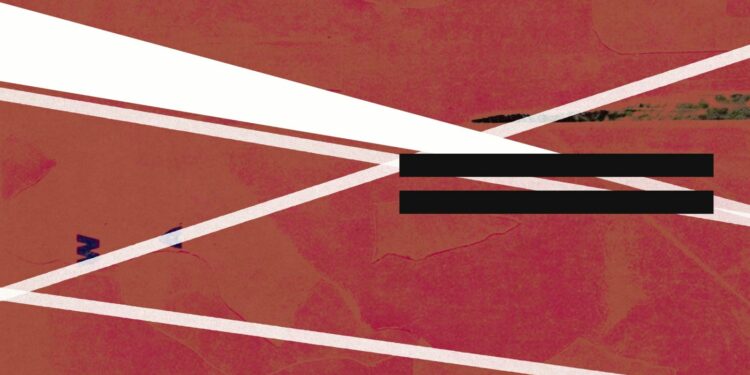Politics
With Russian Inaction, Armenians Look for A New Ally
Russia's perceived unwillingness to assist Armenia and fulfill its treaty obligations during times of crisis has compelled both the Armenian government and the general public to seek new allies. France, the U.S., EU and Iran have emerged as potential frontrunners.
The Italian Media’s Relation With Armenia and Azerbaijan
Although Italy and Armenia have a long history of ties, Italy’s current economic interests and choice of strategic partners leave little room for maneuver in support of Armenia or Artsakh.
Old Neighbors, New Realities
Iran will never accept any Azerbaijani military or political control of southern Armenia. While Tehran is pursuing a policy of strategic patience vis-à-vis Azerbaijan, it does have red lines that, if crossed, would likely produce a swift reaction.
Unveiling Turkey’s Dark Past and the Roots of Denial
There are a number of factors rooted in fear behind Turkey’s ongoing denial of the Armenian Genocide. These not only perpetuate the trauma of genocide but also impede any prospect for reconciliation. Historian Suren Manukyan explains.
Armenia-Turkey Relations Hostage to Azerbaijan
Regardless of efforts to normalize relations between Armenia and Turkey, it is clear that as long as the Armenian-Azerbaijani conflict remains unresolved, Armenian-Turkish relations will be held hostage to it. Hranoush Dermoyan explains.
EU Monitoring Mission in Armenia: Opportunities and Challenges
The EU monitoring mission can provide a useful tool for accountability and transparency, but it is not a substitute for hard security. Armenia needs to address its own security concerns and focus on creating a stable and secure environment for its citizens.
Much Ado About Putin: Armenia’s Constitutional Door Opens to Join the ICC
One week after the International Criminal Court (ICC) issued Putin's arrest warrant, Armenia's Constitutional Court announced a decision paving the way for Armenia to join the ICC. Sheila Paylan argues it still should.
What Armenia’s UN Votes Tell Us About Its Foreign Policy
Armenia has voted on a variety of conflicts and issues at the UN, including at the General Assembly and the Human Rights Council. An analysis of its voting patterns reveals some overlooked aspects of Armenia’s foreign policy and its evolution.
Primer: War and Corruption Endanger Democracy in Eastern Partnership Countries
The recent Freedom in the World 2023 report published by Freedom House shows how war, conflict and corruption are the main stumbling blocks to the establishment of democracy in the Eastern Partnership countries.
Searching for the Boogeyman
Georgia’s “foreign agent law” was introduced and subsequently pulled from parliament after massive protests erupted opposing the move. Karena Avedissian looks at the implications for the wider region had the law passed.












